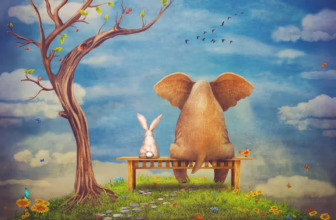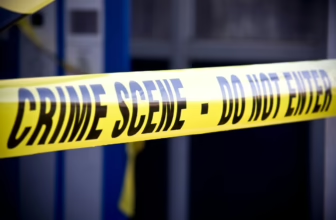Ask anyone living with a mental illness and they will agree with you on this: Talking about your illness isn’t easy. And if you live with major depressive disorder (MDD) or a similar illness, it’s particularly hard to talk about your disease because your depression is a chronic liar. It tells you that you’re the only person who feels this way even though 264 million people worldwide live with depression. It tells you that it’s your fault for being depressed in the first place as if you had a choice in the matter. It tells you that you’re not good enough or deserving of support and that you should just live with this illness in silence. It even tells you that you’re not depressed; you’re just faking it, not trying hard enough, or just plain lazy.
So much of the suffering I experienced due to depression was largely out of my control. I certainly wouldn’t have asked to have this illness if I had a choice. But some of my suffering was unnecessary — most importantly, the secretive nature in which I hid my depression from my loved ones brought on self-imposed suffering.
I will never say it’s easy to tell someone you have a highly-stigmatized mental illness, even close friends. However, it’s just as hard, if not harder, to struggle in silence. To have a serious, chronic disease that affects you daily and not tell anyone is like drowning underwater.
It wasn’t so much that I didn’t trust my friends as much as I felt a deep sense of shame from having depression. Depression told me all the lies listed above and more, making me retreat into myself and separate far away from those I cared about. There were many times I desperately wanted to tell people, or just have them look at me and be able to tell that I wasn’t okay despite what I said. But the courage wasn’t there, and because of that, I stayed quiet for many years.
Not telling my friends about my depression was a mistake. And it was a nearly deadly mistake at that. Self-isolation is all-consuming. It worsens your feelings of self-hatred and cuts you off from the rest of the world. You worry that people will think you’re “crazy,” because you really do believe you're “crazy” yourself. Feeling lonely and insane is never a good feeling. If you don’t reach out, you’ll never get help, and you’ll only sink — or succumb to self-harm and suicidal ideation, and possibly even suicide.
But you can stop the cycle. I did. Depression thrives on isolation, so you should do the exact opposite. Call a friend you haven’t seen in a while on the phone. Text someone. Do a video chat with some people. Message one another on social media, send emails, handwritten letters, or whatever you can to get into contact with the ones you love. Do what you can to not stay isolated.
You don’t have to tell people everything that you’re feeling, but you don’t have to lie, either, especially when you want to tell the truth. It’s OK to not be OK, and it’s OK to tell people how you feel. No one is OK all the time, and someone who is your friend will understand that. Chances are they’ll understand how you’re feeling themselves, even if they aren’t in the throes of depression like you are.
It’s scary opening up to people. Being vulnerable in any shape or form always makes me feel uncomfortable. But opening up to the right people is worth it — and it saved my life. I don’t know where I would be today if I didn’t have people who care about me. Being honest about how I was feeling, and then being able to openly speak about my mental illness, was a treatment for depression I didn’t know I needed.
There are a lot of things I wish I had told my friends about depression, but I can’t live in the past. What I will tell my friends now, though, is that I have depression and that I’m not always OK, and that’s OK. I will tell my friends that I love them and appreciate their support and that nothing will change that, not even my depression.
Photo by Anna Shvets via Pexels
Fairley Lloyd is a freelance editor and writer with a BFA in creative writing from the University of North Carolina Wilmington She is passionate about mental health, feminism, and sexuality among other issues. Her work appears in Thought Catalog, Unwritten, The Mighty, Her Campus, and The Ability Toolbox, among others.







